Sound and light energy -> nervous system
Nervous System
The nervous system is a complex network of nerves and cells that transmit signals between different parts of the body. It is responsible for coordinating and controlling many body functions, including movement, sensation, and thought.
Anatomy of the Nervous System
The nervous system is divided into two main parts: the central nervous system (CNS) and the peripheral nervous system (PNS).
Central Nervous System (CNS): The CNS consists of the brain and spinal cord. It is the control center for the entire nervous system and is responsible for processing and interpreting sensory information, as well as sending out instructions to the rest of the body.
Peripheral Nervous System (PNS): The PNS includes all the nerves that branch out from the CNS and extend to the rest of the body. It is responsible for transmitting sensory information to the CNS and carrying motor commands from the CNS to the muscles and glands.
Functions of the Nervous System
The nervous system performs several vital functions, including:
- Control and Coordination: The nervous system coordinates the actions of different body parts and ensures that they work together smoothly.
- Sensation: The nervous system enables the body to detect and respond to various stimuli, such as touch, pain, and temperature.
- Movement: The nervous system controls voluntary and involuntary movements, allowing us to walk, talk, and perform other activities.
- Regulation of Internal Environment: The nervous system helps maintain homeostasis by regulating processes such as heart rate, breathing, and digestion.
- Learning and Memory: The nervous system is essential for learning, memory, and cognitive functions.
Components of the Nervous System
The nervous system is made up of specialized cells called neurons, which are the basic building blocks of the nervous system. Neurons transmit signals in the form of electrical impulses and communicate with each other through chemical messengers called neurotransmitters.
Other important components of the nervous system include:
- Glial Cells: These support cells provide structural support and insulation for neurons, as well as playing a role in the immune defense of the nervous system.
- Synapses: These are the junctions between neurons where electrical or chemical signals are transmitted from one neuron to another.
- Nerves: Bundles of neurons that transmit signals between the CNS and the rest of the body.
Study Guide
To study the nervous system, you should focus on the following key areas:
- Understanding the structure and function of neurons
- Learning about the different parts of the CNS and PNS
- Exploring the role of neurotransmitters in signal transmission
- Studying the basic principles of sensory and motor pathways
- Understanding the relationship between the nervous system and other body systems
- Exploring common nervous system disorders and their effects on the body
By mastering these concepts, you will develop a solid understanding of the nervous system and its importance in maintaining overall health and well-being.
Good luck with your studies!
.◂Science Worksheets and Study Guides Fifth Grade. Sound and light energy
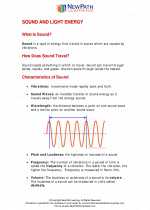
 Activity Lesson
Activity Lesson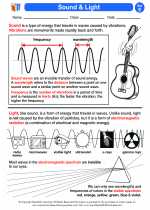
 Worksheet/Answer key
Worksheet/Answer key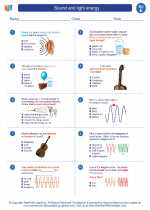
 Worksheet/Answer key
Worksheet/Answer key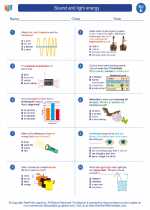
 Worksheet/Answer key
Worksheet/Answer key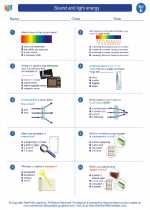
 Worksheet/Answer key
Worksheet/Answer key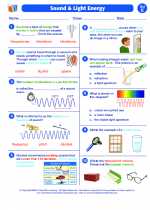
 Vocabulary/Answer key
Vocabulary/Answer key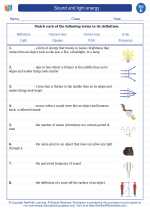
 Vocabulary/Answer key
Vocabulary/Answer key
